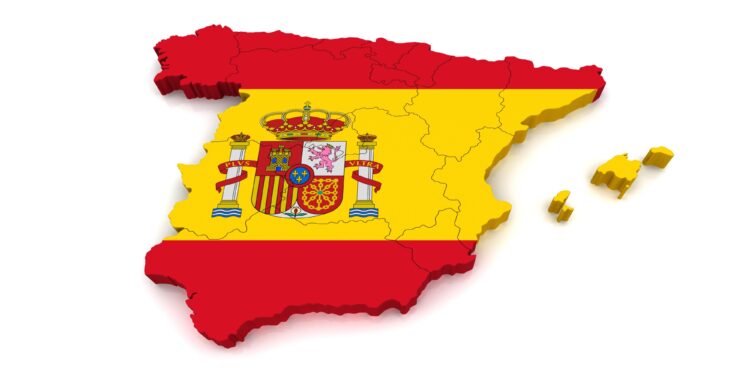Spain Tightens Regulations on Airbnb Rentals
In a significant move to enhance consumer protection, Spain’s Ministry of Consumer Affairs has stepped into the short-term rental market, resulting in the suspension of over 65,000 Airbnb listings intended for vacation use. This action stems from growing concerns about housing availability and the impact of holiday rentals on local communities. As authorities seek to impose stricter regulations in this rapidly evolving sector, this initiative mirrors a broader trend across Europe where governments are increasingly assessing the balance between tourism growth and community welfare. Given that tourism plays a vital role in Spain’s economy, these measures could dramatically alter the landscape of holiday accommodations while sparking debates about the sustainability of home-sharing platforms.
Government Crackdown on Vacation Rentals in Spain
The Spanish government has intensified its efforts to regulate the booming vacation rental industry, especially focusing on platforms like Airbnb that have been operating outside established legal frameworks. Local officials have raised alarms regarding how unregulated rentals affect neighborhoods and overall tourism quality. The recent enforcement by the Ministry led to successfully blocking over 65,000 listings that failed to comply with national and regional laws aimed at ensuring safety and fair competition within this sector. Key factors driving this enforcement include:
- Licensing Requirements: All properties must secure a valid license before they can operate as vacation rentals.
- Safety Standards: Listings must adhere to strict safety protocols such as fire exits, smoke detectors, and sanitation measures.
- Transparency Obligations: Full disclosure regarding pricing and availability is crucial for consumer protection.
This extensive crackdown underscores the government’s commitment to eradicating illegal rentals while ensuring consumers have access to safe lodging options without undermining local community integrity. Administrative strategies are being introduced to streamline compliance processes further, enhancing accountability within this industry. To effectively balance homeowner interests with those of tourists, authorities have proposed establishing a public registry, featuring compliant properties‚ÄĒan online resource for travelers seeking legitimate accommodations. This initiative signifies a notable shift in how Spain manages its lucrative tourism sector with an emphasis on sustainability.
| Description of Action | Affected Area |
|---|---|
| Cessation of Non-Compliant Listings | Totaling 65,000 unregulated properties removed from platforms. |
| Lawsuit Implementation for Licensing | Pursuing greater accountability among property owners. |
| Safety Inspections Initiated | Aiming at boosting consumer trust through enhanced safety measures. |
Impact of Regulatory Changes on Local Economies and Vacation Rental Market
The recent actions taken by Spain’s Ministry of Consumer Affairs have sent shockwaves through the vacation rental market by blocking over 65,000 Airbnb listings‚ÄĒa decision that fundamentally alters conditions for both property owners and travelers alike. This regulatory change aims to address rising concerns surrounding housing availability especially in high-demand tourist areas. By enforcing stricter guidelines designed not only for consumer rights but also considering local housing needs; it may lead to a rise in competition among remaining listings which could drive prices higher for both hosts and guests alike.
The repercussions on local economies‚ÄĒhistorically bolstered by tourist spending through short-term rentals‚ÄĒcould pose unforeseen challenges moving forward; businesses reliant upon tourist traffic such as restaurants or shops may see revenue declines directly linked with fewer available rental units due these new regulations.
Additionally property owners who depended heavily upon income generated via their rental units might encounter financial hardships prompting some individuals reconsider long-term living arrangements altogether.
The potential ripple effects include:
- Possible Job Losses: A downturn in tourism activity could reduce seasonal employment opportunities across various sectors dependent upon visitor spending patterns .
- Business Closures: Local establishments may experience decreased customer footfall leading them towards closure if unable sustain operations amidst reduced patronage .
- Increased Housing Demand: A shift away from short term renting might worsen existing shortages faced by locals seeking affordable accommodation options.
| Area Affected | Potential Consequence | ||||||
|---|---|---|---|---|---|---|---|
| Local Businesses | Diminished sales volume due lower foot traffic | ||||||
| >Employment Opportunities < | >Short-lived job losses resulting from decreased demand < |
| Prospect Type | Description Of Opportunity Offered By Host! |
|---|---|
| Ecol-Friendly Practices |
















